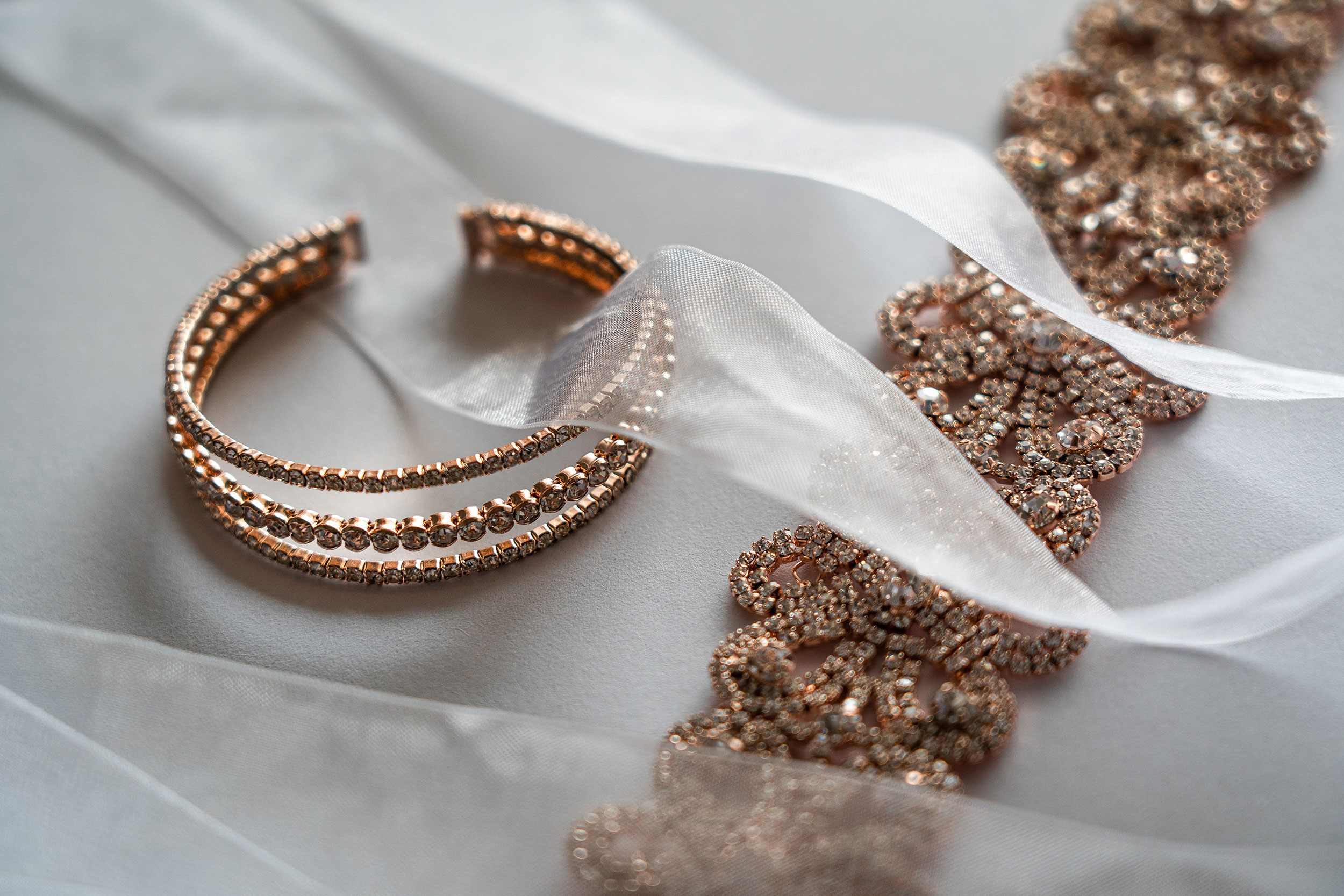I Have Not Been Left The Jewellery I Was Promised
If you have not been left an item of jewellery in a Will – despite lifetime promises made by the deceased – then you may have the right to challenge the claims of the beneficiaries in the Will to the jewellery.

If you have not been left an item of jewellery in a Will – despite lifetime promises made by the deceased – then you may have the right to challenge the claims of the beneficiaries in the Will to the jewellery. To do so, it is necessary to establish that a secret trust was made taking the jewellery out of the estate of the deceased, and that it was intended by the deceased to give you a right that is enforceable in a court of law. A Will can only dispose of property that the deceased owned just before death.
Get in touch with our experts today for free, no obligation legal advice
The success of your case will depend on the strength of the evidence provided. You will need to show:
- The date on which this alleged secret trust is said to have been created
- The method of its creation – whether by words, in writing or otherwise
- That there was an intention on the part of the deceased to create the trust
- That the trust was communicated to you as Legatee and that you accepted the trust
This evidence should be presented to the Executors. Ideally, an agreement will be achieved without the involvement of the courts. However, if no agreement is reached, then the matter will go before a judge, who will weigh up the evidence.
Alternatively, it could be held that there was just a moral or family obligation to pass on the jewellery, but it had never been intended to be enforceable by a court of law.
Get in touch with our experts today for free, no obligation legal advice
Avoiding disputes
To avoid this expensive type of dispute, we recommend that you ask a solicitor to draft your Will. When you instruct us, our Wills Solicitors will ask whether any particular items are to be passed to somebody other than the residuary beneficiary. This might include art collections or jewellery. The record of our instructions will be available to substantiate an argument in court, should that be necessary.
The advantages of using a solicitor to write your Will extend far beyond the document itself. The whole Will making process, including the meeting to provide instructions, and the correspondence with the Testator, can be used to substantiate or defend claims of this type.
Get in touch with our experts today for free, no obligation legal advice


